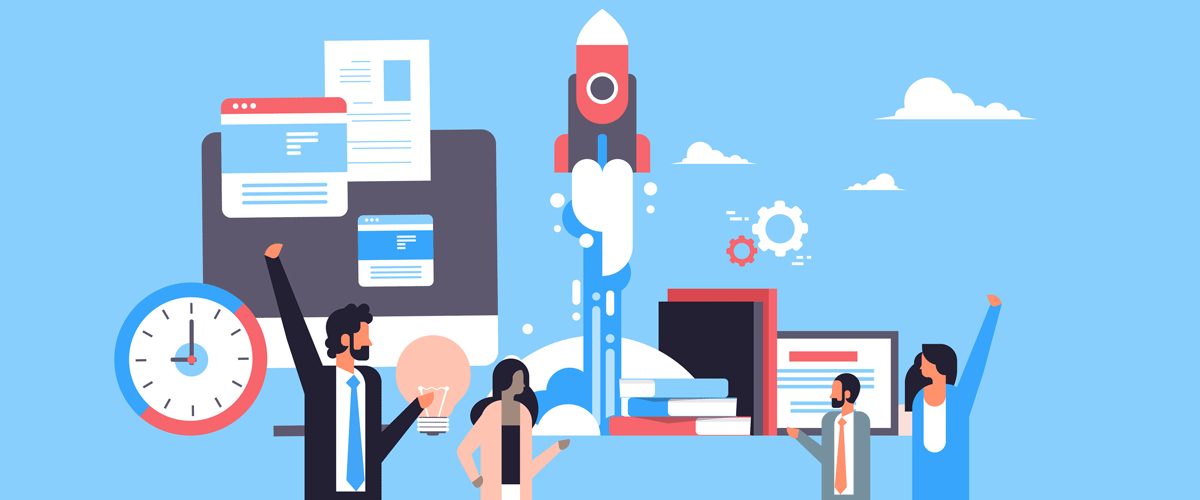As you near the end of your college experience, it's important to start preparing for your transition into the professional world.

The CLIMB model is designed to help engineering students navigate the complicated career journey.
Learn moreThe skills you've developed, the connections you've made, and the career readiness foundations you've established will all be valuable as you move from college to post-graduation employment opportunities. Here are a few final tips for you.
Getting started
- Develop effective strategies on how to gain employment in a competitive job market
- Recognize your role in creating an inclusive work environment
- Understand how to build a successful career
Note: The getting started suggestions are not meant to be completed in any order. They are simply starting points to enable students to take action.
Job search strategies
Develop a multi-faceted approach to your job search. While searching for job openings using online platforms and company websites is effective, you may find that the strongest opportunities come from building relationships with industry professionals through networking. Make sure to build and maintain a strong professional network.
It’s a good idea to make sure your resume, LinkedIn profile, and interview skills are strong and effective (see the INITIATE section).
We can help you build an effective resume and strengthen your Linkedin page! Make an appointment with the CC@E team.
Inclusive work environment
Your college experience can help you understand how an inclusive work environment will affect your life and future career through different kinds of experiences:
- Taking classes that expand your knowledge of diversity and inclusion
- Becoming involved in a campus club
- Forming study groups that include classmates from diverse backgrounds and thoughts
The experiences you've had can contribute to creating a strong foundation for promoting inclusive initiatives in your workplace. You should now understand how your unique identity and experiences, in addition to your strengths and career readiness competencies, can be valuable in the workplace.
As you start working, you may decide to advocate for inclusive practices and become a catalyst for change within your organization.
Building a successful career

Careers take years to develop. Here are a few tips to keep in mind:
Stay in touch with clients, vendors, co-workers, recruiters and other acquaintances with whom you’ve built a solid relationship. LinkedIn is a great platform to do this. Also, keep your eyes out for new connections you can create that could be valuable for your career.
Periodically check job sites to see what’s happening in your industry. Keep your resume and LinkedIn profile updated to attract occasional interest from recruiters.
Technology changes so rapidly. Keep your skills up to date by signing up for formal classes or online certification programs, attending industry events and meetings, reviewing literature in your field or periodically engaging in a bit of self-study. You may also find that an advanced degree can help boost your career at some point.
Once you get established in your career, consider mentoring an engineering student, participating in a panel discussion, hosting a student group, etc.
Keep CLIMBing
Congratulations if your are reaching the summit of your CLIMB!
After understanding the building blocks of a successful career, retrace any previous steps as needed and use the CLIMB model as a reference in your career planning.